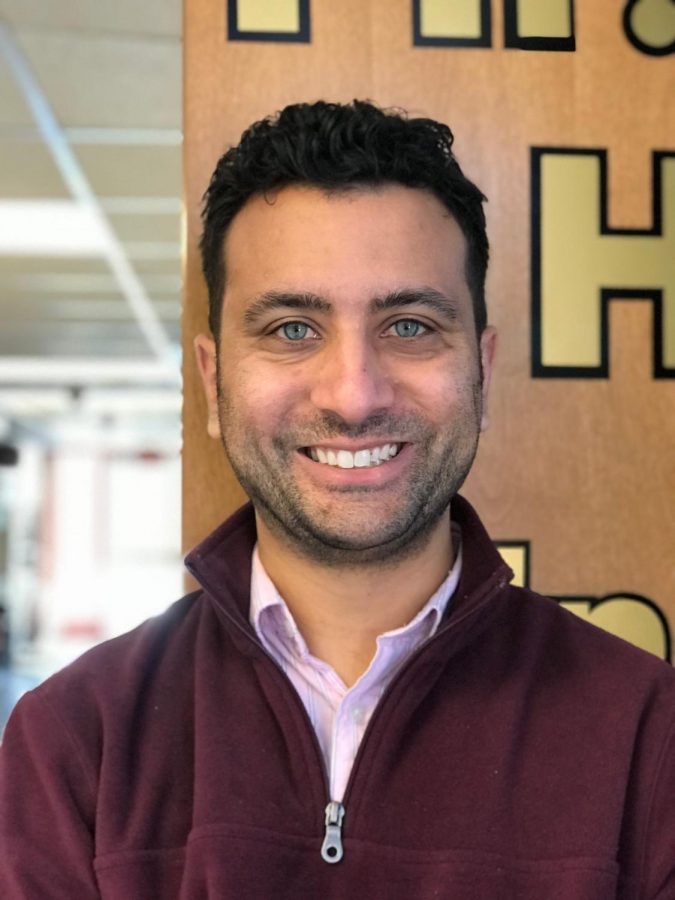Mr. Hull: Nuance
It was clear from the moment we entered the bus that we were going to be busy. Mr. Morris had planned an ambitious agenda, which demanded we have a mature attention span. Yes, we were going on a class trip to Washington, D.C. No, we were not going to see the monuments. Rather, we were taking our classroom on the road. 4 hours — no books necessary, but a comfortable pair of shoes was necessary as we would pound the pavement in search of truth for the next four days.
Beginning our first tour at NPR (National Public Radio) was an unexpected, eye-opening experience. While we perused the halls and studios, I was struck by the sheer measure of professionalism exhibited with its journalists. Bookshelves lined the walls, handwritten scribbled notes about Libya dotted most spaces, and journalists sat alone at their computers, with one, singular purpose, day in and day out: to search for facts and relay those facts to people the best way they could. One could almost feel that burden in the air — that the news had been moving SO quickly lately that the staff had almost nothing left to give, but had to. They had to investigate the entire story because it was their responsibility — their duty — to our country. Difficult questions don’t have easy answers.
As we moved through the rest of our experiences, this became a recurring theme. As we walked our way through Newseum, traveling through six floors of journalism, each of them stressing, in its own way, the nuance necessary to provide America with its own moral compass. One particularly poignant exhibit featured a large map upon the wall which used color to denote free press around the world. While the Western world enjoys free press, almost all of the other world does not. No first amendment privileges. Journalists feared for their lives, afraid to dig for facts or to tell the truth, mainly thanks for brutal regimes in many of those countries. The overly pervading thought which came over me during that moment was the overwhelming responsibility that not only journalists have — but that we all possess, especially our class. As students learning about journalism in America, perhaps the most important lesson of all is how much of a patriotic duty we have to continue this rich tradition.
As we walked around the National Mall at the end of our trip, on the right hand side of the road sat the consequences of the failure of the press, perhaps. The Holocaust Museum. The Museum of African American History. Both of these museums, in part, show the devastating consequences of what happens if power supersedes truth. When the iron clad shackles of slave masters tie the hands and minds of helpless people ripped from their families. When book burnings replace libraries. When people are reduced from human beings into little more than cattle.
To talk about this is one thing. To be there is another.

